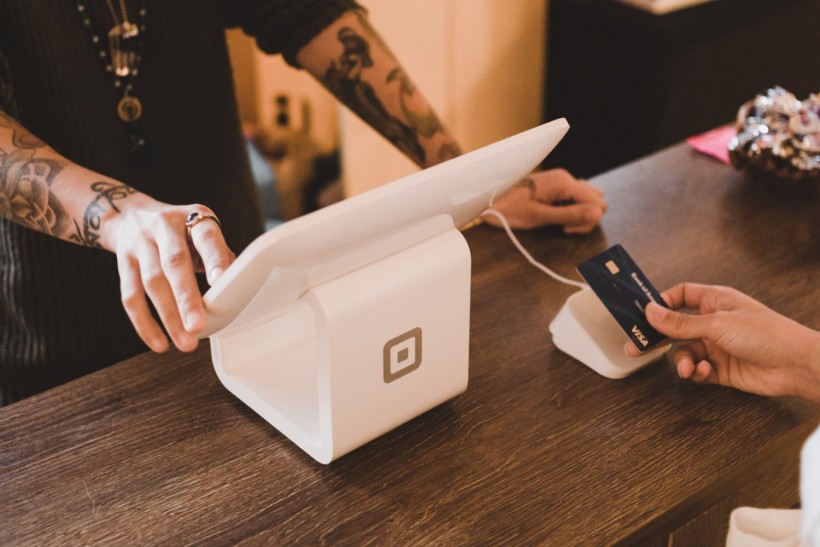We think, we act rationally. But when it comes to spending and investing, we always fall into the same traps. Here are five of the most popular.
For us, all issues are not same
Oh crap, the subway ticket has become 10 cents more expensive again, now 1.80 euros for the short journey! Cheeky, we prefer to walk one station, it's healthier anyway. On the way we quickly buy a mediocre cappuccino to go and an avocado sandwich for 10.50 in the hipster café, we have no problems with that. In our mind, money is not just money. We mentally keep separate accounts for all sorts of things, like one for "everyday expenses" (which tends to skimp), and one for "consolation on a gray day" (which is lavished on depending on the mood). "Mental accounting" is what it's called. And that is also often handled very creatively.
2. We are blinded by relativity
We don't know how the wine tastes, but we think 49 euros for the bottle in the restaurant around the corner is quite high. After all, there are also very good ones for 29 euros. But then we discover the 250-euro wine on the menu, and suddenly the 49 euros actually seem quite cheap to us, solid, priced in the lower midfield. Clever retailers and innkeepers always have something extra expensive in their range for this purpose alone. And special offers with crossed out "before" prices that never existed.
3. Numbers affect us more than we think
There was an experiment: American students were asked for the last two digits of their social security number, something like 87, 48 or 13. Then they were asked to say whether they paid more or less than the corresponding amount in dollars for, for example, a computer keyboard or an exquisite chocolate. At the end, they were asked the maximum amount of dollars they would be willing to pay for the products in question. And it was consistently the case that the higher the first number was - i.e. the social security number, which was pure coincidence - the more the students were willing to pay for it. This is the anchor effect: suddenly we have a number in our head and let it influence us, even if we would vigorously deny it. It is therefore worthwhile
4. The fear of loss paralyzes us
Loss hurts us. Insane. More precisely: A loss hurts us twice as much as a corresponding gain pleases us. When we have stocks, we tend to dump those that have gone up (too) quickly to take profits, but hold onto those that are down for far too long because we just don't want to realize we've lost money. Incidentally, the same applies to hopelessly failing projects in which we have already invested a lot of time and money - and then, against our better judgment, simply keep doing it for a long time instead of drawing the overdue line in time.
5. We avoid the pain of paying
Since, see above, losses hurt us so much, we don't like to pay for them either. In concrete terms, this means that we don't like to hand over money physically. But we don't have to. When paying with a card - especially with a credit card - or with a mobile phone, or with convenient online shopping, money becomes something so abstract that it no longer hurts so much. Of course, this tempts you to spend more and more thoughtlessly. On the other hand, a holiday, an excursion, or a night out is simply more fun if you don't think about every euro. And that has a lot to do with quality of life. Ultimately, spending money on something you really enjoy is money well spent.
* This is a contributed article and this content does not necessarily represent the views of sciencetimes.com















